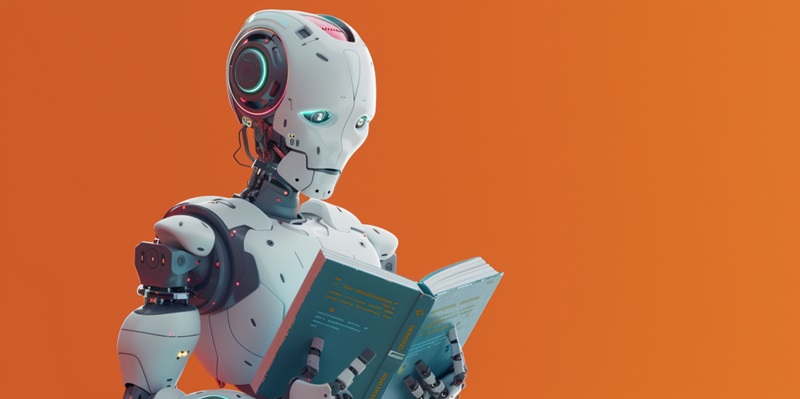Artificial Intelligence has made significant inroads into arenas traditionally considered exclusive to human creativity. Advances in areas such as natural language processing have enabled AI to venture into the literary arts, contributing to storytelling, poetry composition, and even novel-writing. This burgeoning collaboration raises an intriguing question about the authenticity of AI-generated content in matching the depth of human creativity. As we continue to harness this technology within creative practices, the boundaries of artistic authorship are being redefined. Still, the debate persists: Does AI possess the capability to replicate the intricate tapestry of human imagination, or does genuine creativity remain a uniquely human trait? As AI tools become more integrated into creative workflows, the assessment of their true potential in emulating the essence of human artistry remains an ongoing conversation with implications for the future of literature and art.
The Intersection of AI and Authorship
The integration of AI into literature is not just an experiment; it has practical ramifications. For instance, several writers have begun to utilize AI to overcome writer’s block, spur ideas, or even produce rough drafts. These AI systems can analyze extensive datasets of narrative structures and genre-specific trends, providing a sort of algorithmic muse for authors in need of direction. This symbiosis between man and machine opens a doorway to a new kind of literary output, one that promises efficiency and consistency — attributes that are highly sought after in a fast-paced world where content is voraciously consumed.
However, AI-assisted books raise critical questions about originality and authenticity. Human writers infuse their work with personal experiences, emotional depth, and a touch of the unpredictable — facets of storytelling that AI, in its current state, struggles to replicate. It is one thing for AI to suggest plot structures or dialogue snippets based on existing works, but another entirely for it to conceive a story that resonates with the human condition, embodying the nuances of human emotion and consciousness.
Creativity: The Human Advantage
AI has made leaps in mimicking human creativity, yet it struggles to emulate the profound ingenuity of authors like Salman Rushdie or Virginia Woolf. Their literature reflects a deep human experience—a complexity that AI hasn’t matched. Detractors of AI in literature maintain that storytelling is intrinsically human, a way to convey our lived experiences, emotions, and thoughts. Unlike humans, AI lacks the capability for genuine creativity, which often entails innovative thinking, metaphorical flair, and emotional resonance—all arising from a distinctly human point of view. Living gives rise to the most compelling stories, punctuated with euphoria, anguish, and wisdom, qualities AI doesn’t possess. Thus, regardless of advancements in technology, human authors remain unmatched in their ability to capture the very essence of life in their works.
The Convergence of AI and Literature: A Balanced Perspective
AI has become a valuable literary tool, complementing rather than replacing human creativity. Authors like Rie Kudan use AI to enhance their stories, maintaining their role as the soulful architects of narrative. AI is particularly useful in genres with repetitive patterns, showing it’s part of a collaborative future in writing, not a usurper.
This technology broadens the scope of literature rather than diminishes the human element. The nuanced variety of reader preferences allows room for both AI-influenced and human-only stories. For writers, AI is a litmus test of innovation—embracing it can augment their craft without sacrificing the human heart of storytelling.
Ultimately, reader responses will decide AI’s place in the literary world. While AI will shake up production, the value of literature—such as emotional resonance and character depth—remains rooted in human experiences. Even with AI’s assistance, the indelible human touch is the essence of the written word’s allure.

